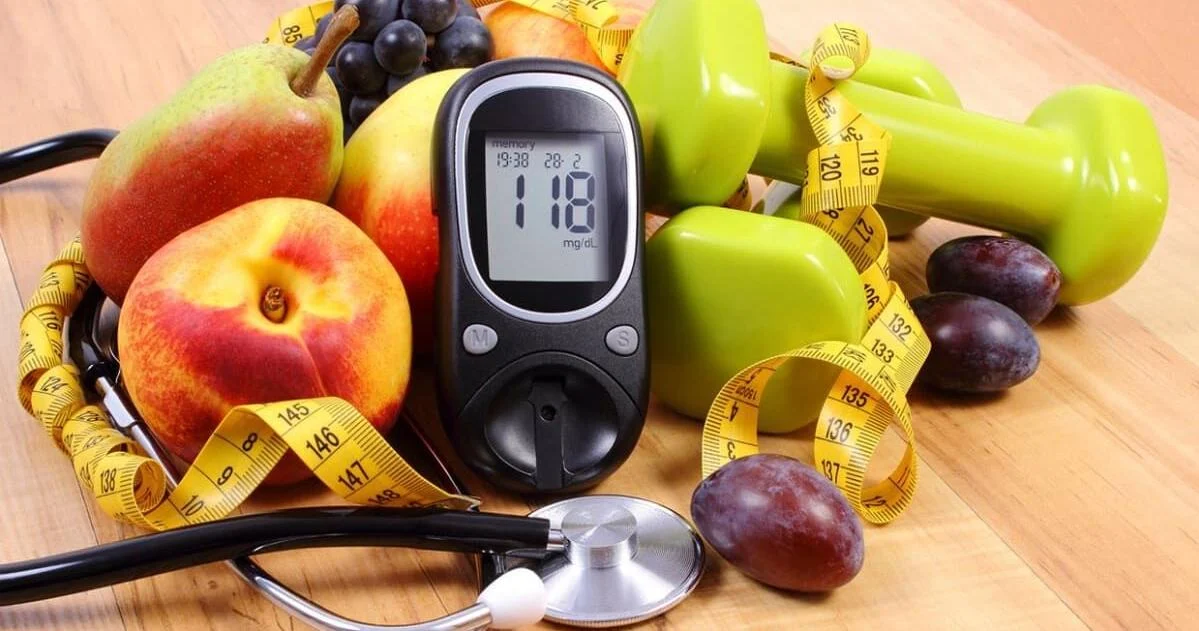Copyright Charleston Post and Courier

November is Diabetes Awareness Month. We all love Halloween candy and Thanksgiving food but we may not think about diabetes. In South Carolina, 1 out of 7 adults have diabetes. Here are a few quick facts: Diabetes is the 8th most common cause of death in South Carolina. 1 in 5 African American adults has diabetes, compared to 1 in 8 white adults. African Americans are twice as likely to die from diabetes compared to white adults. Overweight individuals are at a higher risk. But normal weight individuals can have diabetes, too. There are two types of diabetes (types 1 and 2). Children and adults can have type 1 or type 2 diabetes. More than 1 in 3 adults have pre-diabetes. This is when changes in food and activity can help prevent further development of diabetes. Diabetes can and must be treated. This article will discuss what diabetes is, when to get screened, how to prevent diabetes and resources that can help control the disease. Diabetes develops when your body isn't able to use the food you eat for energy. Insulin is a hormone that allows you to use sugar for energy. If your body doesn’t make enough insulin or use it well, sugar builds up in your blood. High blood sugar can damage the body; over time, it can hurt your heart, eyes, kidneys, nerves and feet and may prevent wounds from healing. It may decrease vision and can lead to blindness. High blood sugar can also make your hands and feet feel numb or painful. Diabetes may also lead to stomach, hearing and memory problems. There are two types of diabetes. Type 1 diabetes is usually found earlier in life and occurs when the body’s immune system attacks the pancreas, an organ that makes insulin. Type 1 diabetics don’t make insulin or the insulin made can not be used by the body. People are more likely to have Type 1 diabetes if a close family member also had Type 1 diabetes. Type 2 diabetes is more common and often starts in adulthood. Type 2 diabetes is becoming more common in children due to poor diet and inactivity leading to weight gain. People who are older than 35 are at a higher risk of developing Type 2 diabetes. Women can get diabetes during pregnancy, called gestational diabetes. It is more common if a person is overweight or had diabetes with a prior pregnancy. Having gestational diabetes puts people at risk for developing Type 2 diabetes later in life. Diabetics may not show any symptoms at first. Drinking more water or urinating more often can be warning signs. Sudden weight loss can happen, but people tend to lose muscle rather than fat. Some people may develop numbness, tingling or pain in their hands and feet. Blurry vision can happen. A person may have skin injuries and infections they do not notice. These infections and injuries can take a long time to heal and sometimes can lead to loss of limbs. The goal of diabetes screening is to detect the disease early. Both children and adults can get screened. Your provider can order a blood test to detect sugar in your blood. A1c tests measure how much sugar has been on your red blood cells over the past 3 months. Early screening and treatment helps prevent heart, kidney, skin and vision problems. Left untreated, diabetes can cause blindness, heart attacks, kidney disease and loss of limbs. You can help prevent diabetes by making healthy choices. For example, avoid foods and drinks high in sugar. Replace soda or juice with water. Replace desserts with whole grains and fruits and vegetables. Exercise and weight loss also lowers the risk of diabetes. Walk, bike or play your favorite sport for 30 minutes every day. These steps can reduce your chance of developing diabetes by half. There isn’t one perfect diet or lifestyle for everyone, find exercise and healthy foods that work for you. South Carolina has many programs to encourage healthy living. Diabetes Free SC is one example. Some other programs include:



